A Brazilian Supreme Court judge on Monday ordered"house arrest" for former President Jair Bolsonaro for violating a ban on using social media linked to his trial in that court for attempted coup.
"Justice will not allow a defendant to dismiss her as a fool, believing that she will remain unpunished because of her political and economic power," Judge Alexandre de Moraes said in a document.
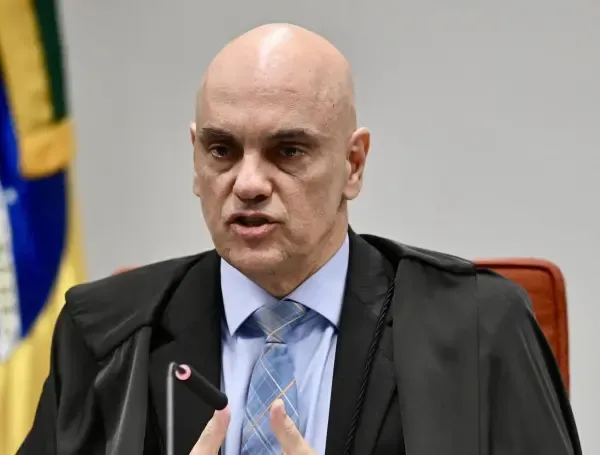
The court order comes a day after figures close to Bolsonaro posted images of him on social media, in violation of measures ordered by the Supreme Court, during a day of demonstrations in support of the former president.
It should be remembered that Bolsonaro faces a legal case accusing him of attempted coup d'état and other crimes which, if found guilty, would make him worthy of a sentence of up to 40 years in prison.
The flagrant disregard for the precautionary measures was so evident that, it should be reiterated, the accused's own son, Senator Flávio Nantes Bolsonaro, decided to withdraw the post on his profile, in order to omit the legal violation.
Moraes said the former president"ignored and disrespected" the Court and justified the measure based on Bolsonaro's video appearance at the demonstration that brought together supporters in Copacabana, in Rio's South Zone, on Sunday.
Senator Flávio Bolsonaro (PL-RJ) posted a video of one of the speeches, but deleted it hours later. Bolsonaro greeted those present and said the demonstration was"for our freedom, for our future, and for Brazil."
However, for a group of Supreme Court justices, despite the post's removal, the congressman's gesture could have represented a violation of the restrictions imposed on his father.
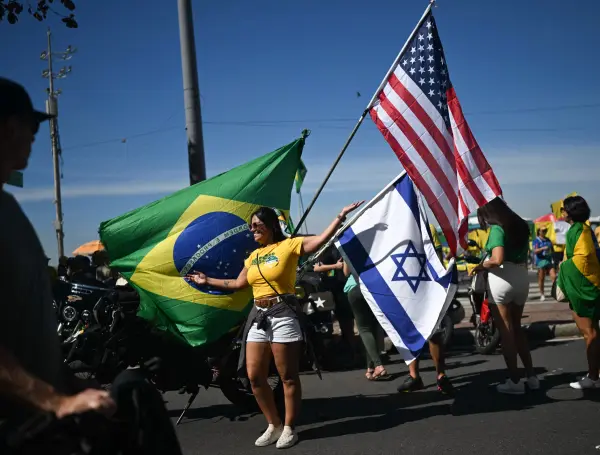
"Acting unlawfully, the defendant Jair Messias Bolsonaro addressed protesters gathered in Copacabana, Rio de Janeiro, deliberately and knowingly producing fabricated material for his supporters to continue attempting to coerce the Supreme Federal Court and obstruct justice. So much so that the phone call with his son, Flávio Nantes Bolsonaro, was posted on Instagram," Moraes wrote, adding that the participation in the event was"covert" and demonstrated "unlawful conduct." In his decision, the judge emphasizes that Bolsonaro"reiterated the unlawful conduct in a more serious and outrageous manner" and participated remotely in events where United States flags were used in support of tariffs imposed on Brazil to coerce the Supreme Federal Court. Moraes notes that among the precautionary measures already imposed on Bolsonaro was a ban on the use of social media,"directly or through third parties."
The ruling also prohibits visits, except for lawyers and other individuals authorized by the Supreme Federal Court. Bolsonaro's cell phone was confiscated.
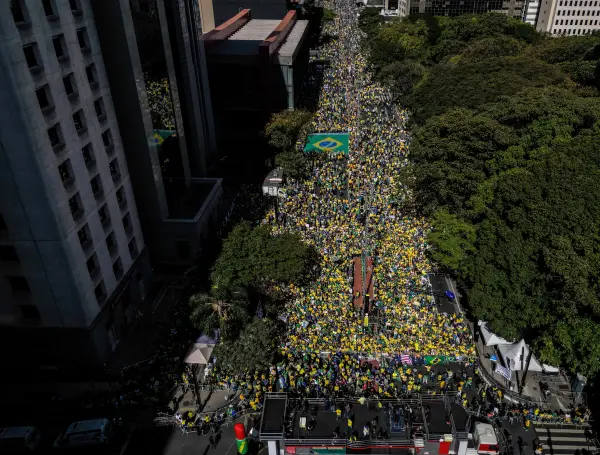
The arguments of the Brazilian justice system that led to the determination of house arrest
Moraes cited two pieces of evidence demonstrating "blatant disregard" for the ban on social media use, whether directly or through third parties. The first is a video posted by Senator Flávio Bolsonaro in which the former president sends a message to protesters in Copacabana.
"Good afternoon, Copacabana. Good afternoon, my Brazil. A hug to everyone. It's for our freedom. We're together," he says in the recording, which was later deleted by Flávio.
“ The flagrant disregard for the precautionary measures was so evident that, it should be reiterated, the accused's own son, Senator Flávio Nantes Bolsonaro, decided to withdraw the publication made on his profile, in order to omit the legal transgression,” Moraes wrote.
The second piece of evidence cited is a video call between Bolsonaro and federal representative Nikolas Ferreira (PL-MG). The congressman displayed his cell phone during the rally in Belo Horizonte. Bolsonaro can't speak, but he can see, Nikolas stated at the time.
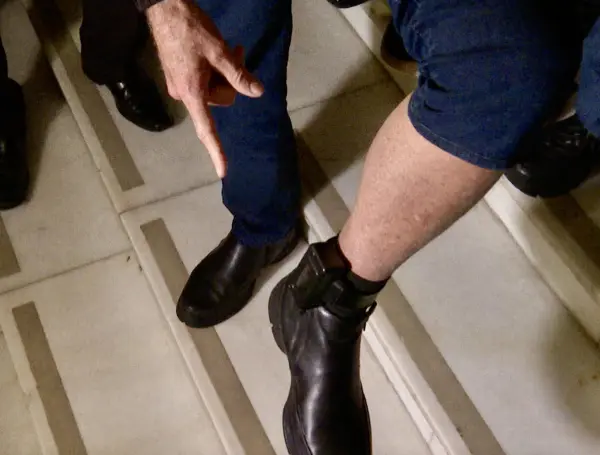
Growing tensions between Brazil and the United States over the trial of Jair Bolsonaro
The rapprochement with the United States through social media exchanges with President Donald Trump, who has been intensifying attacks on the Brazilian judiciary, as well as the sending of $2 million to federal deputy Eduardo Bolsonaro and the congressman's movements in the US seeking retaliation against Brazilian authorities were used as arguments for the operation that targeted Bolsonaro last month.
"The actions of Jair Messias Bolsonaro demonstrate that the accused is acting voluntarily and consciously in an unlawful manner, together with his son Eduardo Nantes Bolsonaro, with the purpose of attempting to subject the functioning of the Supreme Federal Court to the scrutiny of another foreign State, through hostile acts derived from the purpose of coercing this Court in ruling AP 2.668 / DF," Moraes wrote, referring to the action in which Bolsonaro is accused of leading an attempted coup d'état after the defeat in the 2022 elections.
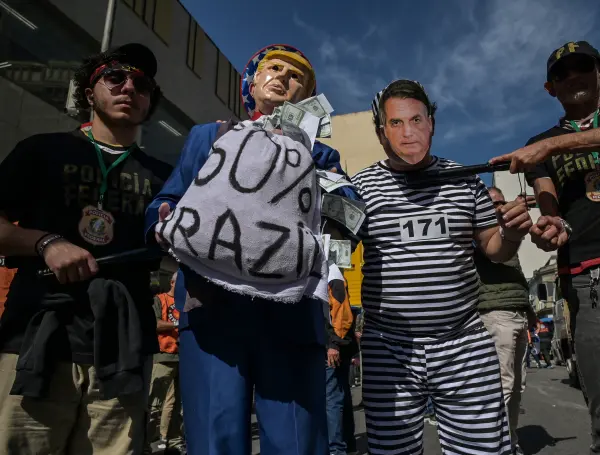
The restrictions imposed on Bolsonaro come amid a worsening trade and political crisis between Brazil and the United States. The 50% tariff increase is expected to take effect Wednesday.
As the coup plot progressed, Eduardo began openly advocating for the U.S. government to sanction the Supreme Court justices. Moraes was subject to financial sanctions and had his entry visa to the United States suspended.
In a ruling last month, Moraes said the imposition of tariffs was intended to disrupt diplomatic relations between Brazil and the United States and create a"serious economic crisis" in the country, with consequent"political and social pressure" on the judiciary for its "interference" in the trial for the attempted coup, scheduled for September.
Bolsonaro's supporters are also trying to pass a bill in Congress that would grant amnesty to those implicated in the January 8 attacks, which could include Bolsonaro. However, this breakthrough, already considered difficult, has become even more unlikely with the unfolding crisis.

